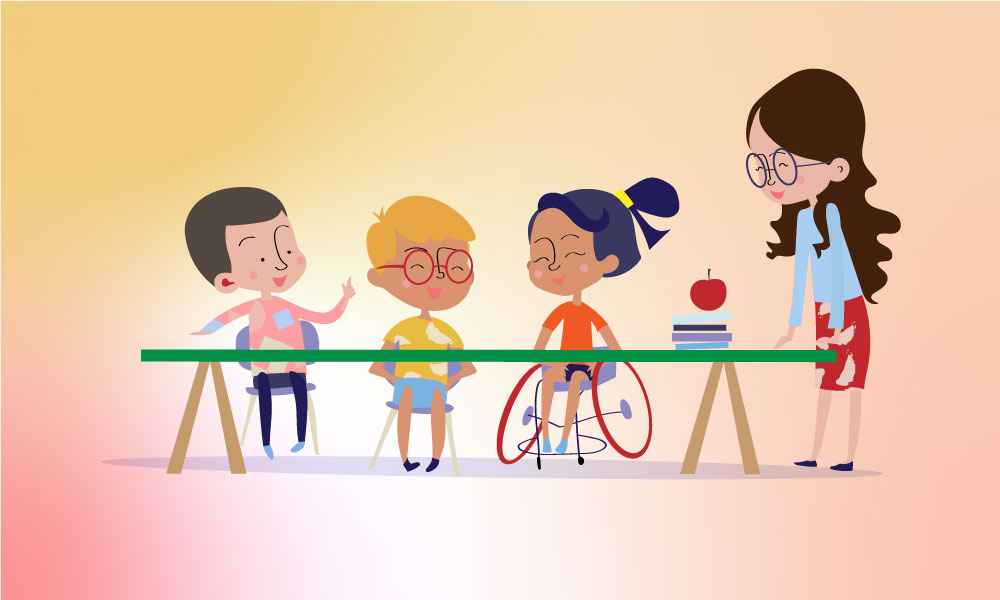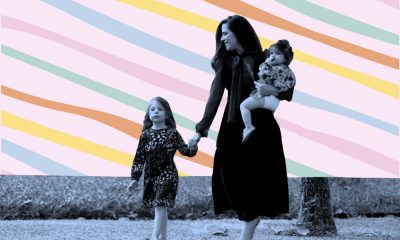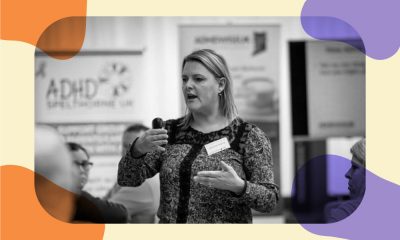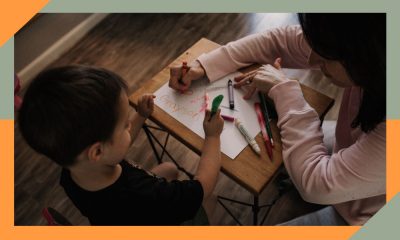Special Needs
Inclusive Education Doesn’t Just Benefit Children with Special Needs
Inclusion can teach children of all abilities important life skills like empathy.
I t was the fall of 2013, and as a Behaviour Analyst working at a local school district in upstate New York, I was tasked with presenting to parents on some upcoming changes in the school. Inclusion measures were coming into place, much like most schools in Dubai are experiencing now. I was making a presentation on what an inclusive educational environment looked like. The most common question was, “What is inclusion?”
An inclusive educational environment is one in which children with disabilities or special needs — which can vary from physical to neurological or developmental — are taught in the same classrooms and school environment as their neurotypical peers.
Empathy is learned from being exposed to those who are different from you.
It’s incredibly beneficial for children with special needs to be in an educational environment where they can attain critical skills such as appropriate communication, essential living skills, the ability to take no for an answer, and to have fun and bond easily with their peers.
After I gave my presentation, the parent of a neurotypical student came up to me and asked, “What about my child? He doesn’t have a disability. How is he going to benefit from inclusion?”
That particular incident comes to my mind as schools in Dubai implement the Knowledge and Human Development Authority’s (KHDA) Inclusive Education Policy Framework.
Also read: Food as a Teaching Tool? Here’s How You Can Make It Happen
I realize it’s going to be a common question for parents of neurotypical children who will wonder, “Will my child suffer? Will resources, such as the teacher’s time, be allocated for children with special needs and be detrimental to my child?’”
Many parents don’t realize that inclusive education benefits neurotypical children as much as it helps students with special needs. This isn’t a topic that’s explained well or discussed often.
All parents, it goes without saying, want their children to be well-rounded, holistic and good human beings who excel not just academically, but also in other key areas of life.
How does a child learn to be empathetic? There’s no particular class in school that teaches empathy to students. However, it’s an important quality for children to imbibe in an increasingly global and multicultural world. Essentially, empathy is learned from being exposed to those who are different from you.


In an inclusive classroom, children of all abilities will acquire crucial qualities that can only be learned through experience. Illustration by (c) Reset Fest Inc, Canada.
Helping and advocating for others are important characteristics you’d want your child to learn. It’s as relevant and crucial as an academic skill. But, how does a child learn to do that? By being exposed to situations with kids who are different, and by standing up for them whenever they need a helping hand.
You never want your child to be bullied or to be the bully. Bullying can be prevalent in schools, but when children are around peers who are different from them, it’s easier to be more accepting as they spend time and develop bonds with their classmates. Inclusion can help reduce bullying in an effective manner.
In an inclusive classroom, children will acquire crucial qualities that can only be learned through experience.
Here in the UAE, children with special needs are known as people of determination, and for good reason. We recognize their strengths and talents which maybe aren’t considered traditional. They are determined and persevere against the odds — two other valuable life skills neurotypical children will emulate.
In an inclusive classroom, children of all abilities will acquire crucial qualities that can only be learned through experience. They’ll be more patient, kind and non-judgmental. Your child will also be exposed to innovative pedagogies that include audio-visual aids. Perhaps they’ll learn better with those than they would have through traditional teaching methods.
These are life lessons and skills that will benefit your child for the rest of their life and cannot be taught using a textbook. Inclusion is a powerful tool that can help every child, and enhance their educational experience in ways we cannot imagine. I encourage parents in Dubai to embrace the inclusive education policy with an open mind, and to deal with any nagging doubts or fears by patiently asking questions and addressing your concerns.
Nicholas is the Managing Director of the Autism Rocks Support Centre in Dubai.


























Susan
September 3, 2019 at 10:51 pm
So we’ll presented, Nick. Using past scenarios and parents’ questions emphasizes the fact that emotions such as empathy can not be taught and are only learned and acquired through experience.